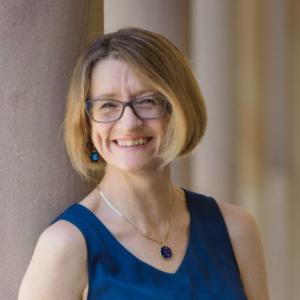Developed in collaboration with Chris Adams, this assessment draws on PBL, a student-centred pedagogy in which students learn about a subject through the experience of solving open-ended problems. Students imagine they are a particular actor or stakeholder in responding to a real-world scenario (e.g. Presidential advisor, UN secretary general, or foreign minister) and as a group must formulate a (policy-oriented) response. It is expected that students prepare thoroughly for weekly workshops by engaging with readings. This formative assessment is marked as part of students' overall workshop participation. The focus here is not on accuracy per se, but rather on active and fruitful engagement in small-group discussions and the level to which students provided essential input to develop creative and innovative solutions in collegial spirit. Each group response is published to the rest of the class via Padlet, which serves as a tool for peer learning and a way to drive collegiate discussion. In the case of POLS2501 this assessment is paired with a policy submission in which students work in groups formed during workshops to elaborate on, and provide a more in-depth solution to, one of the weekly workshop scenarios.



